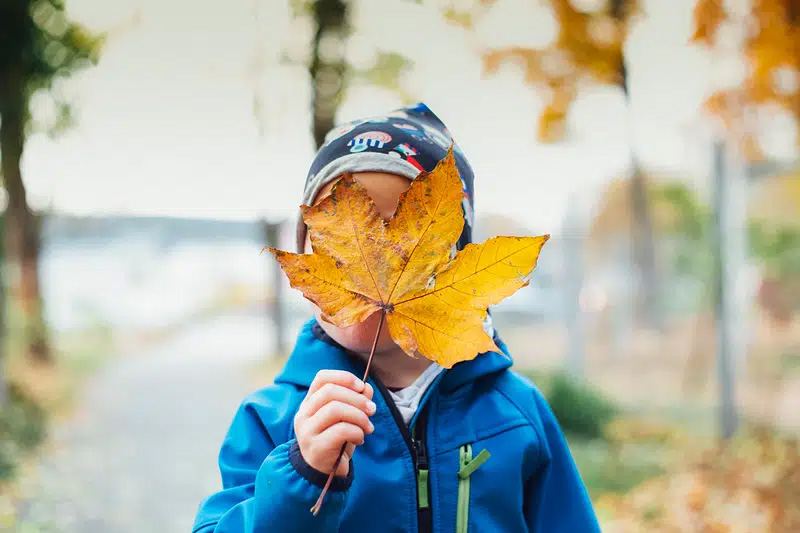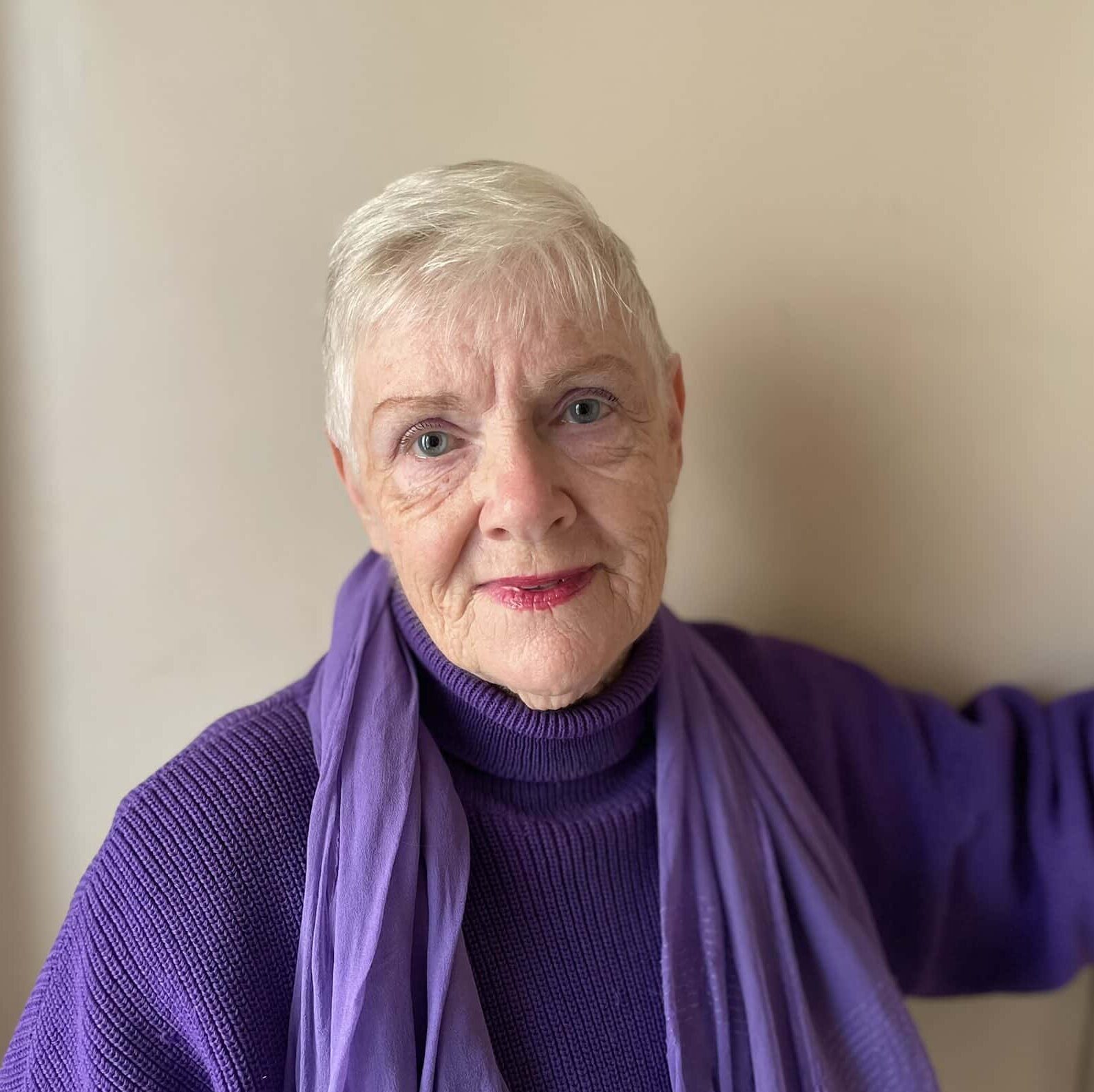THE WAY THINGS ARE
A retired martial arts master and I have laughed over on-screen fights where heroes seem impervious to the consequences of prolonged hits on their bodies. I once saw a young, aggressive competitor whose instructor was openly angry as her points score lagged, viciously kick her opponent. The foul was called, but it caused lasting pain requiring extended physiotherapy.
The master makes the difference, teaching that the martial arts are not a tool of aggression. A good master, he said, trains balance of mind and body that is also an essential life skill. He had observed behavioural changes in youths in his classes, saying most respond to a discipline that can assist good character growth but … ‘A grandmother remarked to me she fears the initiation of young mind control by big tech companies.’
She worried kids seeking non-stop entertainment and information on their phones, are too open to bad influences resulting in self-hurt, access to porn, troublemakers, and even suggested suicide. Big tech companies are slow to remove danger she said, and why? She thinks mass mind control is being tested and improved in practice, and that a scheme which will impel the young to follow where they are led by manipulating elites is being implemented.
Nature, in her early life in a mountain village, she told him, had been so important. ‘We gathered flowers and berries, we walked, we climbed, we played games in the fields! We were aware of natural life; we could mentally breathe. Now, everything with them is turned inwards, they are losing contact with the natural blessings of the world that give life a solid base.’
He and I agreed that education needs expansion beyond decades’ old curriculums in a fast-changing world. He acknowledged the wonderful assistance technology brings to many established professions such as medicine, but what is often absent from lives that can’t afford to take regular holidays or breaks, and phone-addicted children from troubled homes, is serenity, a breathing space from constant anxiety in which to succour self and find a measure of tranquility.
This is where ages old disciplines from the East can help. Age is sometimes misunderstood and maligned Yoga is irrelevant. The slow motion of Yoga enables muscles, tendons and ligaments to stretch gently, conserving energy not depleting it as with hard gym work. The martial arts, correctly taught, do not permit deliberate harm to the body, they respect it and its functions, its untapped gifts that they develop.
Breathing exercises such as those in Yoga or Qigong can help pre-exam nerves. Tai Chi is not just a healthy, calming exercise, when desired, it’s also a shared, social activity. If ‘serenity corners’ were created from pre-school age playgrounds onwards, where basic introduction to such gentle techniques could progress in ability as the child grows, to the discipline of using breathing and exercise as an instrument of easing tensions by self-control of mind and body in conjunction, it could prove beneficial in life outside of school hours as well.
Strict discipline when used as repression can spark a rebellious instinct in either school or home. Necessary discipline when combined with love or respect, is a different matter. Early training in the usefulness of voluntary self-discipline can form a lifetime habit that is mentally healthy.
My mother was a believer in two household disciplines, no stacking of unwashed dishes and no unmade beds. ‘An efficient mind likes a tidy bed.’ With the bed, the choice was mine; I always make the bed! The world won’t cave in if you roll into a sloppy bed as you rolled out of it, we all have to find our own version of the self-discipline element.
However, a mind that has established cooperation with the body, aware that life and situations sometimes need to hit a pause button before acting, will be less likely to react without thinking something through, particularly in the internet world where danger lurks and invites, and spontaneous youth knife crime is on the rise.






Click here to change your cookie preferences